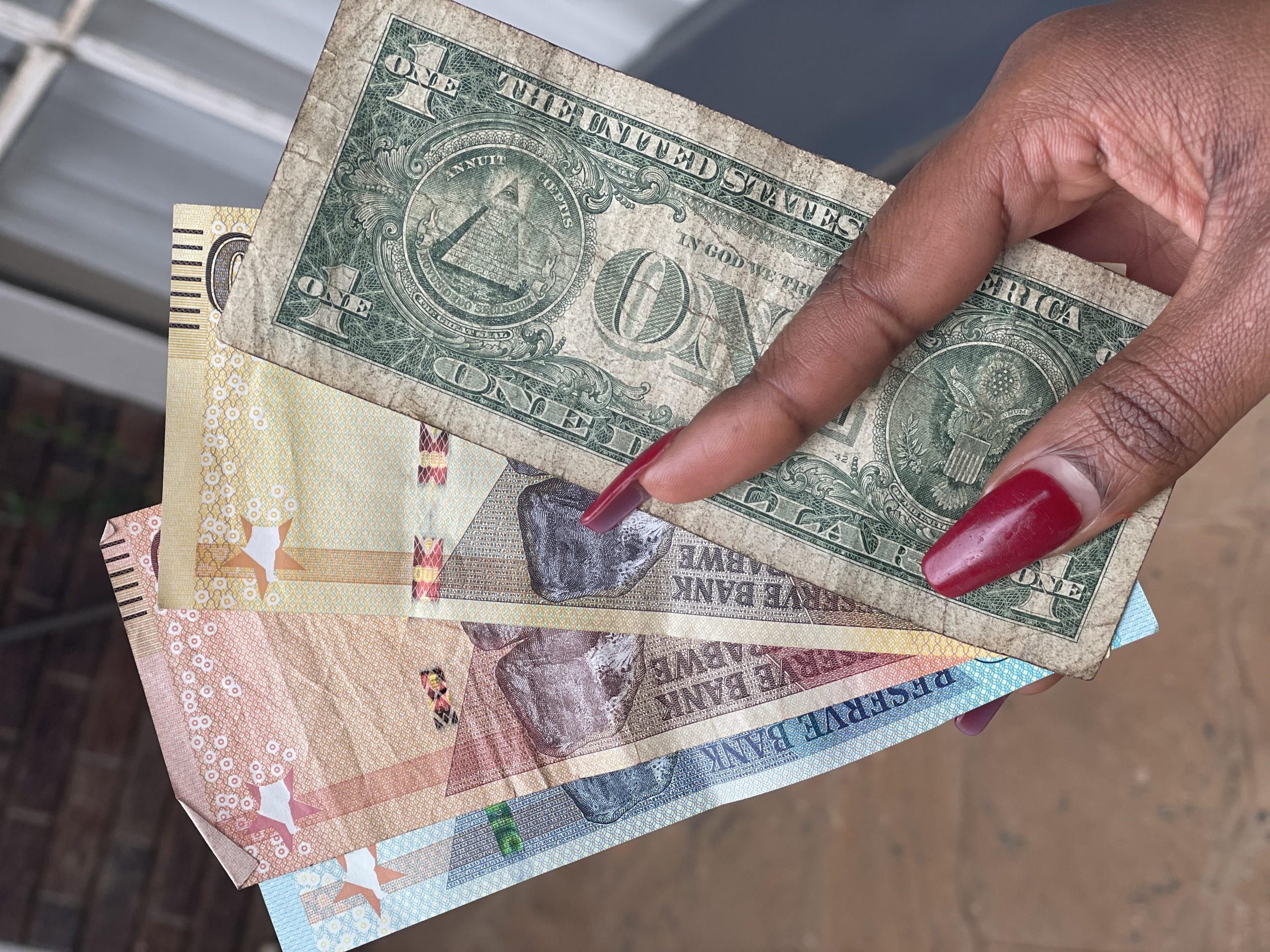By Newton Mambande
On paper, Zimbabwe has an excellent social security policy, but in reality, poverty is grinding old people over 65 years of age. In fact, those between the ages of 16 and 65 are required by government policy and law to contribute to the National Social Security Authority (NSSA) in exchange for a sufficient living income.
However, the pensioners that started to contribute to NSSA when social security was established in 1994 are languishing in absolute poverty. This is because of corruption and maladministration in public institutions such as state-owned enterprises (SOEs) and parastatals.
For instance, Priscilla Mupfumira, then Minister of Labour, Public Service and Social Welfare, was arrested over the NSSA Scandal, where she was implicated in abuse of office by embezzling public funds belonging to ordinary pensioners and/or retirees eligible pension income. She was arrested in July 2019 because of money laundering, fraud, and the transfer of pension funds into her personal bank account.
But political scientists and economists argue that it was just a smoke screen to fight off corruption because real criminals were never jailed for their misconduct. This is because of the bad precedent that was set by the Robert Mugabe-led administration when they compromised business ethics in the management of pension funds by invading corporate accounts of insurance firms and pension funds in order to grease and oil their election campaign machine by financing state-sanctioned violence, vote buying, and rigging or miscounting of votes.
At the peak of the global economic and financial crisis in October 2008, Gideon Gono, the Reserve Bank of Zimbabwe (RBZ) governor, was forced to freeze both individual and corporate accounts to douse off hyperinflation. In November 2008, inflation was estimated to be 79.6 billion percent month on month and 89.7 sextillion percent year on year. The following year, in February 2009, the government of national unity (GNU) through Minister of Finance and Economic Development Tendai Biti abandoned the local currency, the Zimbabwean dollar mono-currency system, by introducing a multi-currency regime that resulted in the dollarization of the economy and ended a decade-long hyperinflation from 1999 to 2009.
When the dollarization of the economy emerged, insurance and financial institutions converted all financial and monetary assets to the US dollar, which dominated value for the next nine years. Unfortunately, the conversion from local currency to US dollars left millions with meagre income in their pension funds. Furthermore, many of the pensioners and pension scheme-holders had their investments entirely wiped out following the RBZ decision in October 2008 and dollarization in 2009, and nothing has yet been done to restore pension money to retirees and pension-scheme holders.
During the crisis period between 2004 and 2008, currency reforms that saw the RBZ slash zeroes and change bank notes and bearer cheques to control hyperinflation had an adverse impact on the economy and society. The insurance and pension funds were forced to change their accounting books. In some cases, due to the hyperinflationary macroeconomic environment’s processes of changing accounting systems, the names of pension scheme holders and pensioners were omitted and deliberately erased from records.
Even after dollarization in 2009, some of the companies destroyed all records in accounting management. This was mainly done to ease conditions for managing business, but sometimes it was done by individuals to destroy information that might expose acts of fraud and forgery for looting resources from pension funds.

In October 2018, the Finance and Economic Development Minister, Mthuli Ncube, converted all the US dollar bank accounts to real-time gross settlement (RTGS). This meant that for a second time in the history of Zimbabwean financial economics, pension investments were wiped out. To make matters worse, the economy was hard hit by hyperinflation in January 2019, with inflation reaching 57 percent. In February 2019, there was a devaluation of the local currency. The local currency, RTGS5.00, was now valued against US$1.00. It was no longer rated 1:1 as it used to be from 2016 to 2019.
Sadly, to note, some employers have a tendency to not remit pension deductions to designated pension funds, while some institutions always find a reason not to have deductions for pension contributions.
In addition to that, lack of awareness and financial illiteracy have resulted in unclaimed and delayed pension money. This is posing a huge risk to the national security of the elderly people eligible for pension income for poverty alleviation.
Currently, the Zimbabwe local currency (ZWL) is weakening against the US dollar on a daily basis, much like what happened in 2008. At the time of writing, ZWL800.00 (parallel market)/ZWL632.1371 (RBZ rate) was rated against US$1.00, and a pensioner was being paid a minimum of ZWL30000.00 (US$37.50 or less).
It is therefore arguable that pensioners are languishing in abject poverty due to hyperinflation, corruption, and public maladministration. These conditions have adversely affected the social welfare of approximately 150 000 elderly people in Zimbabwean society.
Something should be done to address the fundamentals of human economic rights through establishing feeding points, scaling up humanitarian aid and relief schemes for the elderly, and ending anti-developmental practices such as corruption. Once these issues and challenges of pension money are addressed, poverty reduction would be achieved if the government came up with appropriate measures promoting democratisation and economic recovery.
Newton Mambande is an economic historian and a financial advisor. He is reachable on the following email address: newtonmunod@gmail.com and WhatsApp +263773411103.


